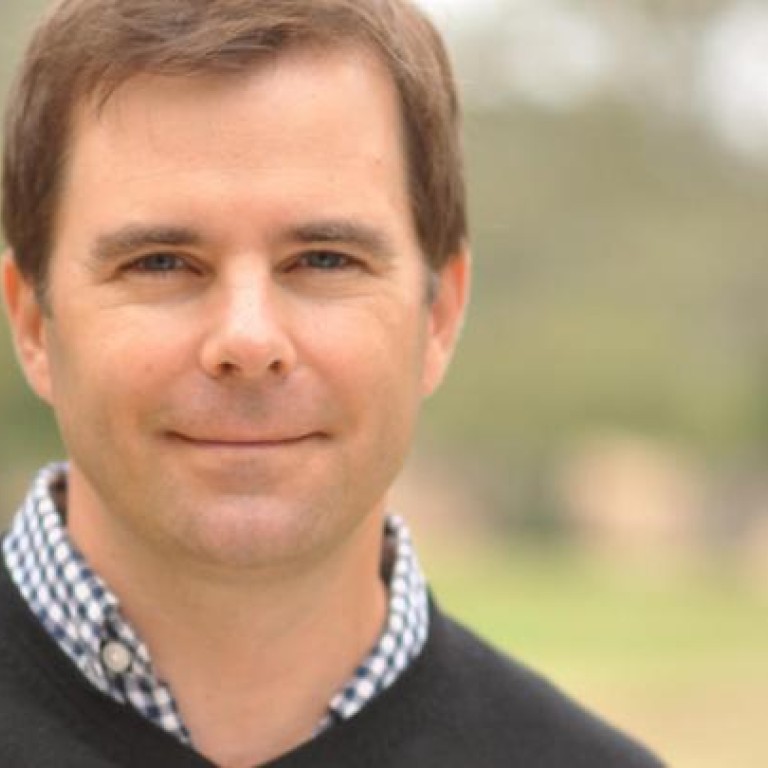
Time travellers
While at university, I acted at a Renaissance fair near my Pennsylvania home. Situated on the sprawling grounds of a 19th century sandstone mansion and abutting a vineyard, the quasi-Elizabethan shire boasted Tudor-style shops and dirt streets, where muddy beggars and wenches grovelled at "Queen Elizabeth's" bejewelled train.
I played the sheriff's son. Dressed in a powder blue doublet and pink pants, I interacted with visitors and peppered my speech with "thees" and "thous". "Don't make any modern references," our director told us. "It's your job to act like it's 1589. People here want to time-travel back to Elizabethan England."
He was right. People loved the fair and the sensation of having passed through the space-time continuum. Some visitors, however, took time-travelling to a whole new level. No matter how hot or muggy those summer days got, people showed up dressed in costume: men donned full-body chainmail and ladies wore long-velour dresses that cascaded down to their ankles. It was the first time I had met historical re-enactors, people who like to escape the banality of modern life.
I moved to New York after university to pursue my acting career. Eight years later, I moved to Los Angeles. Disoriented by the city's prefab sprawl and turned off by the shallow quest for fame, I found myself longing for something more substantive. I felt compelled to turn back the clock, to live in what I imagined was a simpler time.
I wasn't sure how to begin, but a quick internet search pointed me in a most surprising direction, and soon I was en route to Colorado for my first adventure. A local re-enactor picked me up at Colorado Springs airport on a cloudless October day. By nightfall, after a 96km drive east, we had pulled into a makeshift car park on starlit ranchland.
Dressed only in a windbreaker and blue jeans, I shivered in the frigid thin air, trying desperately to warm myself before a couple of crackling bonfires. As sparks shot into the high desert sky, I saw just how strikingly out of place I looked. Ringing the two conflagrations were about 90 men with closely shorn hair, bundled up in second world war German greatcoats and tunics. Steam poured from their tin coffee cups and they chatted away about tomorrow's battle with the "Russians". I shook my head in disbelief. This wasn't chainmail at a Renaissance fair; this was hardcore re-enacting. I had landed smack in the middle of 1942 Stalingrad.
The next morning, I kitted up in an oversized uniform borrowed from a Californian construction worker. After a 10km forced march into the scrubby, lifeless terrain, and a brief skirmish with 70 Russians, we retired to an abandoned one-room schoolhouse, where we had our second skirmish of the day, this time with a rancher who was unaware that one of the war's most gruesome battles was being resurrected on his property. Deprived of sleep, freezing and more than a little unnerved, I bolted back to base camp. There, curled up inside a sleeping bag, I spent a restless night in a stranger's van wishing I had stayed firmly planted in the 21st century. After only nine hours in the past, I had gone AWOL.
Despite my bumpy foray into this quirky, often gruelling hobby, I soon found my stride. Over the next 15 months, I time-travelled across America, bivouacking as an American Civil War soldier in a sandy central Florida pine forest, rowing a flat-bottomed cargo boat down New York's St Lawrence River and charging a 26,000 sq ft replica Roman fort in northeastern Arkansas. I visited 11 states, logged more than 72,000km and helped re-enact 10 time periods from the past 2,000 years of Western civilisation.
At the end of my quest, I created my own re-enactment in Los Angeles. I tonsured my hair, slipped on a monk's habit and attempted to walk the 43km between two 18th century Spanish missions. As I hobbled down the empty pavements, praying the shrouded sun wouldn't fry my newly exposed pate, I envied all the passers-by in their climate-controlled vehicles. It's easy to romanticise the past, but if you spend any amount of time in another era, you quickly realise there is no better time to be alive than right now.
